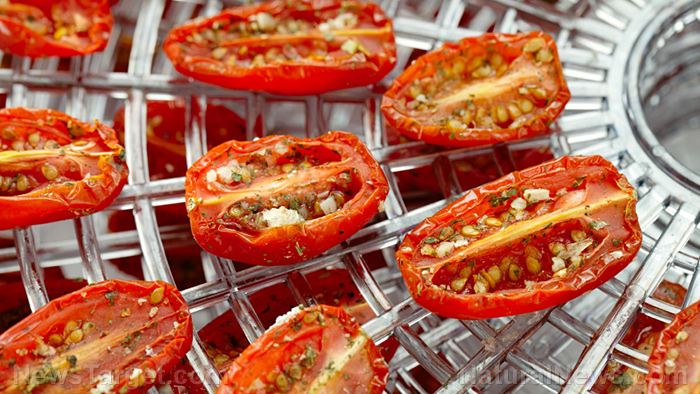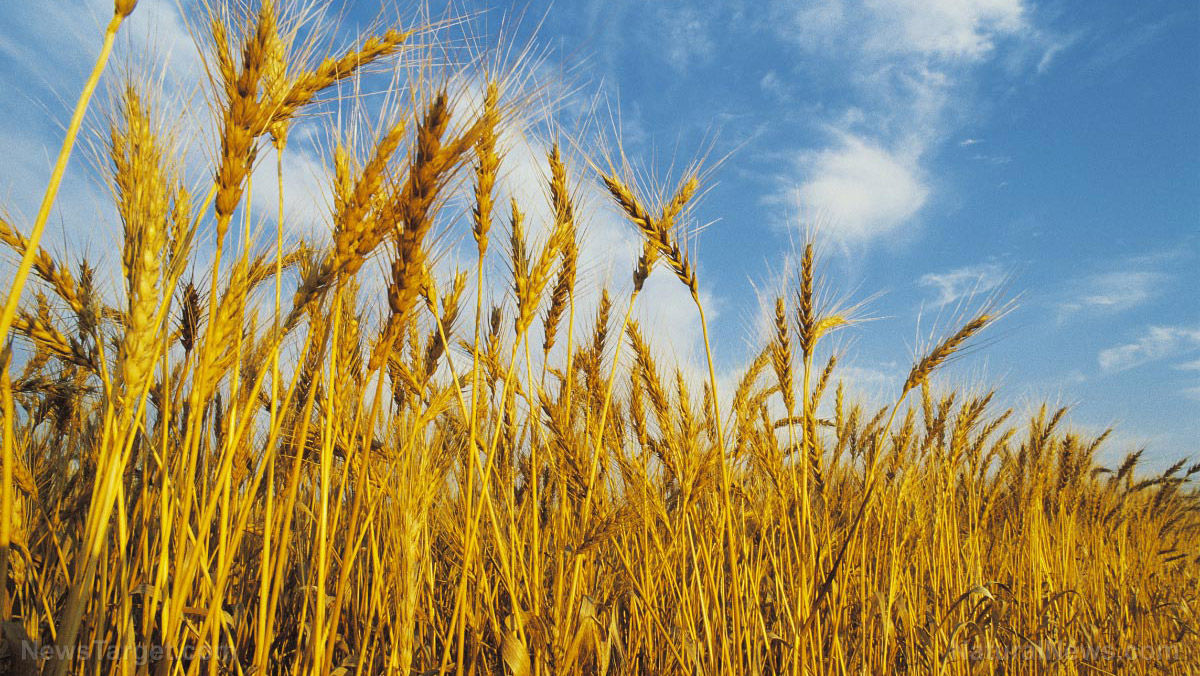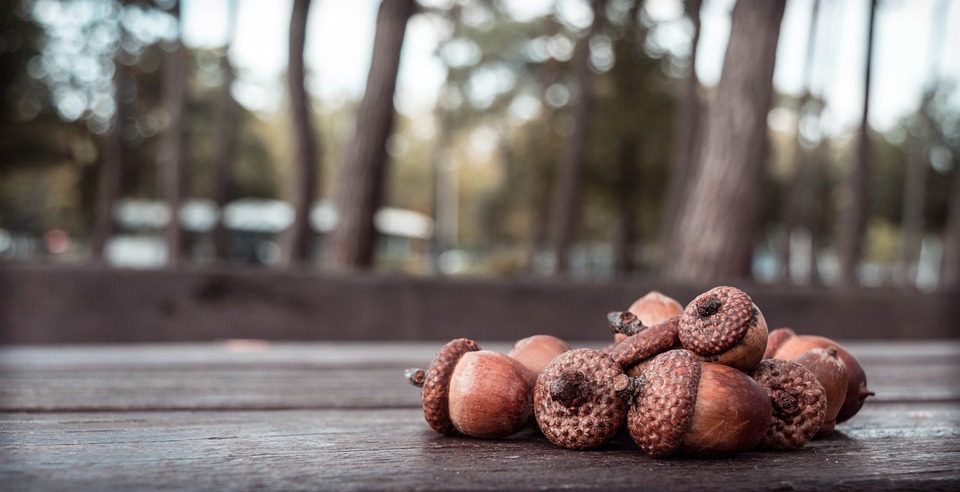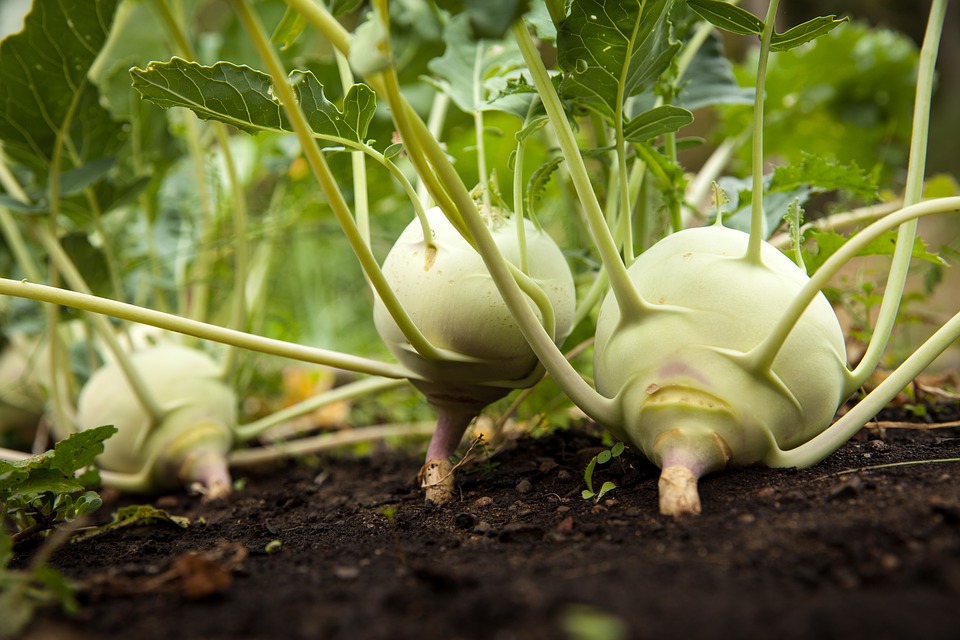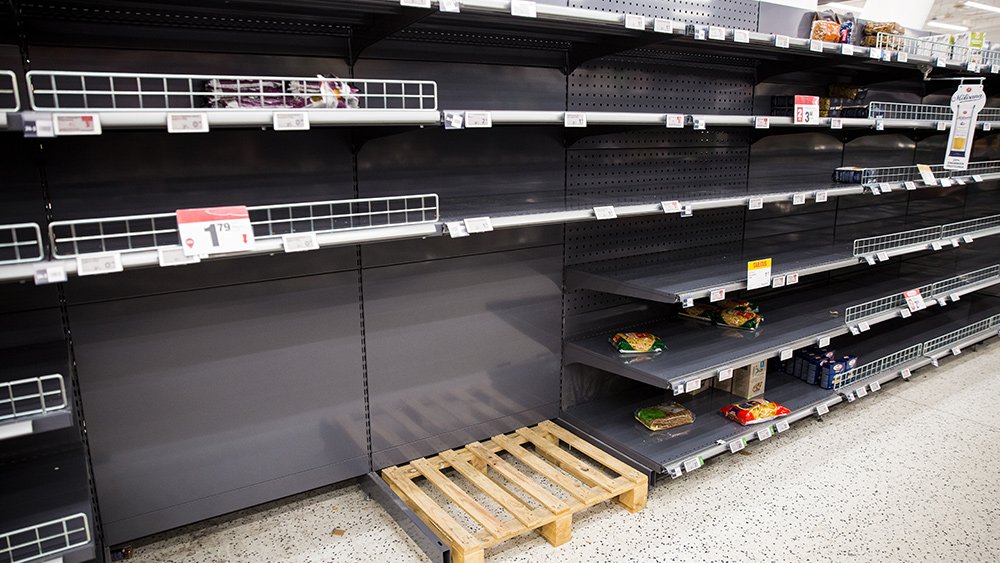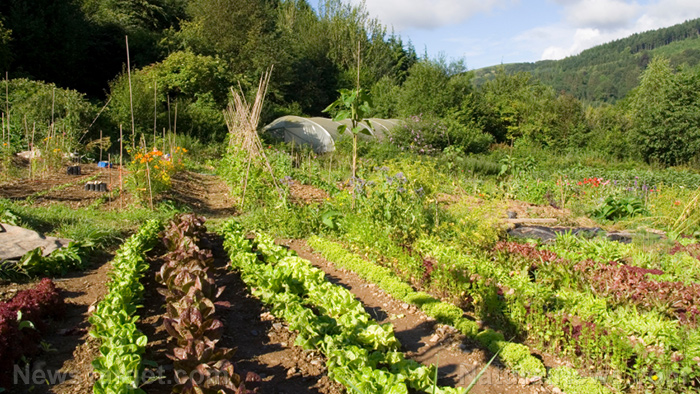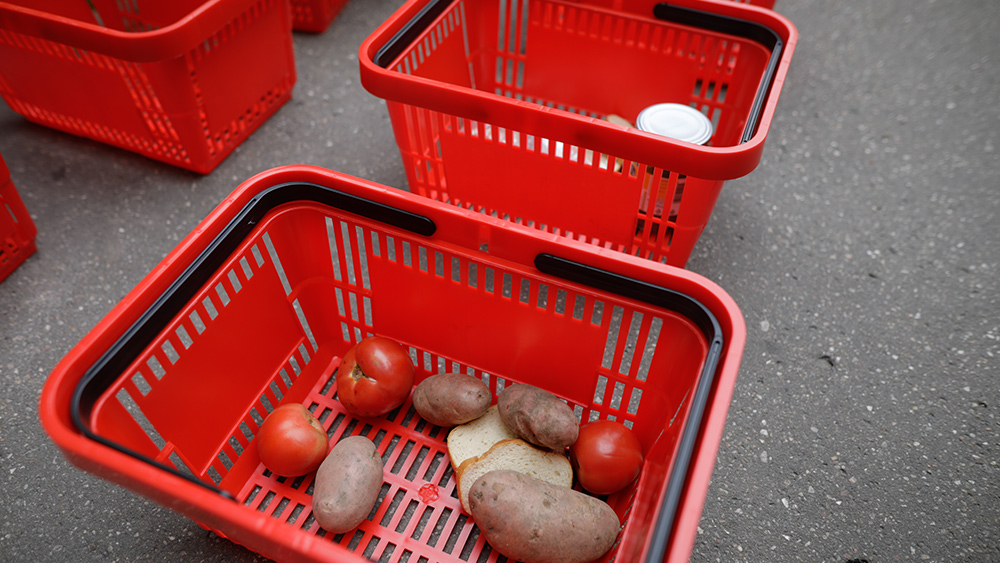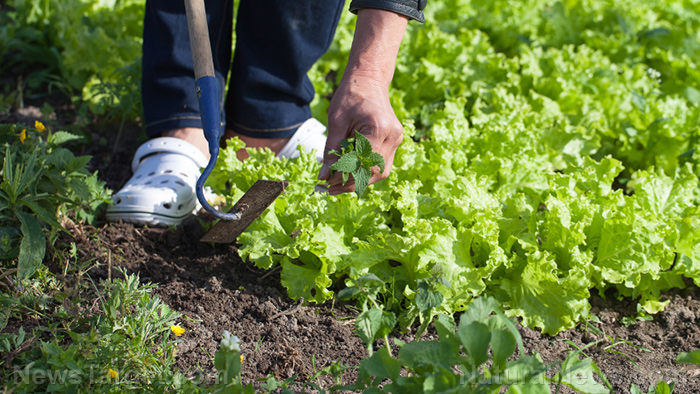Homemade sourdough bread a boon for preppers
06/20/2022 / By Zoey Sky

Sourdough bread is delicious, but if you love sourdough, you can learn how to make a sourdough starter, so you can bake it at home instead of buying it at a bakery.
To make a sourdough starter, you only need four ingredients: flour, active dry yeast, sugar and water. (h/t to JustPlainCooking.ca)
What is sourdough?
A sourdough starter is a natural leaven or a mix of liquid and grains where wild yeasts and bacteria thrive to flavor and leaven the dough. The yeasts thrive naturally on the grain surface.
The bacteria are specific strains of the “good” bacteria lactobacillus.
Yeast and lactobacilli have a symbiotic relationship and they don’t steal food from each other. In fact, yeast sometimes helps feed lactobacilli.
Meanwhile, lactobacilli create an acidic area that is conducive for the yeast. The acids inside the culture will serve as an antibiotic and the lactobacilli provide a protective environment for yeast.
Additionally, lactobacilli help bread rise. Like yeast, the bacteria digest simple sugars located in flour to produce carbon dioxide and ethanol.
The acetic and lactic acids add more flavor to the bread so you end up with a flavorful sourdough. Sometimes, the bread can have a sour tang because of the sourdough.
Sourdough starter tips
A sourdough starter only requires flour, active dry yeast, white sugar and warm water.
You can also use whole wheat flour, but will not have the same rising action as other kinds of flour. If you want to use whole wheat flour, just plan for longer rising periods.
Alternatively, you can use a combination of whole wheat and white flour.
You can also add rye flour to the starter. Replace half a cup of the flour with rye flour. Rye flour has enzymes that attract healthy wild yeast and help it to ferment faster.
Note that rye bread is delicious but very dense. Adding rye to a sourdough starter gives you the taste of rye bread, but without the heaviness associated with rye bread. Rye flour will also keep your bread soft longer because rye holds moisture.
Sugar boosts the yeast process and yeast feeds on sugar to get extra energy. The yeast will rise by feeding on the sugars in the flour and getting rid of carbon dioxide. Make sure you don’t add too much sugar to your starter.
If your water is chlorinated, use bottled water or distilled water. You can use tap water, but only after leaving it out on the counter uncovered for at least one day so the chlorine can dissipate. This step is necessary because chlorine kills the yeast.
Lastly, it is normal for the sourdough starter to rise and deflate. (Related: Prepper recipes: How to make delicious acorn pancakes.)
Don’t let metal utensils or containers touch your sourdough starter. Avoid other metals except for stainless steel when making sourdough bread because the acid in the sourdough can react with the metal and leach toxins into the dough.
How to use sourdough starter
When you’re ready to use your sourdough starter in a recipe, feed it and let it stand at room temperature for four to eight hours before you actually use it.
At this step, the starter will double in volume and bubbles will start breaking the surface. This means the starter is strong and “active” enough to use.
The time will vary depending on whether you store the starter in the fridge and the temperature at which it is standing. If you don’t notice any changes in the sourdough starter, repeat the feeding and standing process until it does.
Remove the amount of starter you need for the recipe, then repeat the feeding process and either let it stand at room temperature to use again or transfer it to the fridge for future use.
Go to NaturalNewsRecipes.com for other delicious recipes you can try at home.
Watch the video below to learn how to make a round sourdough loaf.
This video is from the Mystic Supplies channel on Brighteon.com.
More related stories:
Tasty and nutritious: 3 easy bread recipes.
5 Delicious and filling pioneer recipes to learn before SHTF.
Sources include:
Submit a correction >>
Tagged Under:
bread, emergency food, food independence, food supply, homesteading, off grid, preparedness, prepper, prepping, recipes, sourdough, sourdough bread, sourdough starter, survival, survival food, tips
This article may contain statements that reflect the opinion of the author
RECENT NEWS & ARTICLES
COPYRIGHT © 2017 FOOD FREEDOM NEWS


